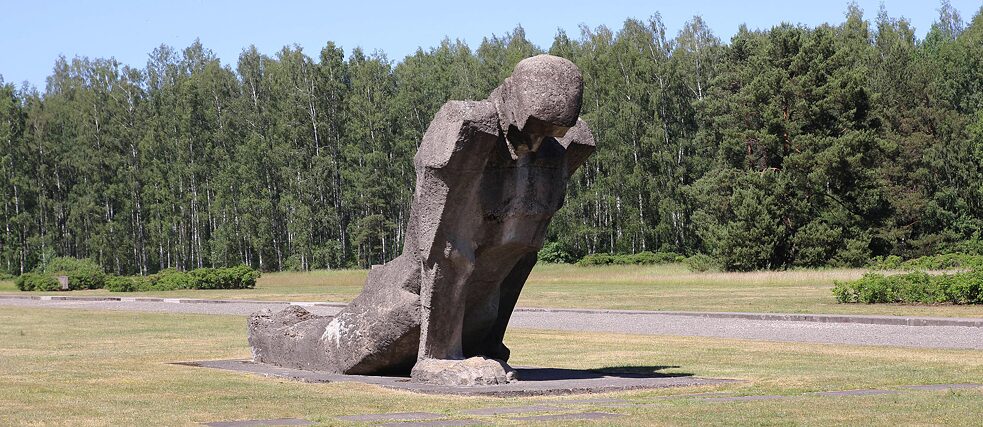Day of Remembrance for the Victims of National Socialism
Each victim had a name

The extermination camp at Auschwitz was liberated 76 years ago today. Secretary-general of the Goethe-Institut Johannes Ebert writes about the personal and social responsibility that arises from commemorating the victims of National Socialism.
The 27th of January is dedicated to the memory of the victims of Germany’s rampages during the Nazi era. Of course, this commemoration must not take place on this one day only. We must be mindful of the historic crimes at all times. Yet a ritual celebration has a special meaning. Every crime committed by a group – even if not by every member – needs moments to be remembered as a group. And since numbers are often used to describe the extent of the crimes, it is at these moments that we must remember: Each victim had a name, was an individual, and leaves a very personal void.
The commemoration is collective and yet the moments of remembrance are also deep personal experiences that many of us carry within us, for example the bouquet of flowers that our school class laid at Dachau concentration camp in memory of the Holocaust. Walking across the Babi Yar site with a Jewish friend. An exhibition of works of art created in the Flossenbürg concentration camp that we, the Goethe-Institut, showed in Kiev. The silent stone sculptures at the Salaspils memorial in Latvia where a metronome in a marble block strikes a steady rhythm that fades away into the forest: every beat a heartbeat, every beat a person who is no longer here, whom nothing will bring back.
This commemoration nurtures personal and social responsibility for the present and the future. It is also reflected in the work of the Goethe-Institut around the world; our responsibility to prevent that exclusion, racism and anti-Semitism are given space in the minds of people and in our societies. For this, it is necessary that we face this memory and deal with it. Like in a joint initiative of the Berlin Literature Festival and the Goethe-Institut, when we screened Claude Lanzmann’s film “Shoah” together with many partner institutions in numerous cities abroad last year, combined with discussions and conversations about the film and the historical atrocities. This is just one example among many in the work of the Goethe-Institut.
On 27 January 1945, 76 years ago today, Auschwitz extermination camp was liberated. A year earlier, also on 27 January, the Siege of Leningrad came to an end, in which more than a million people died of starvation. We remember all the victims of German totalitarianism with silent condolences for their families.